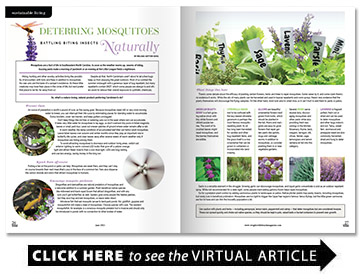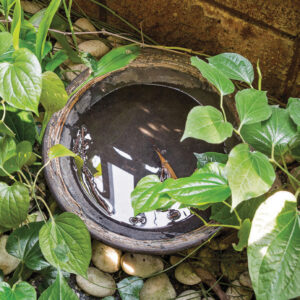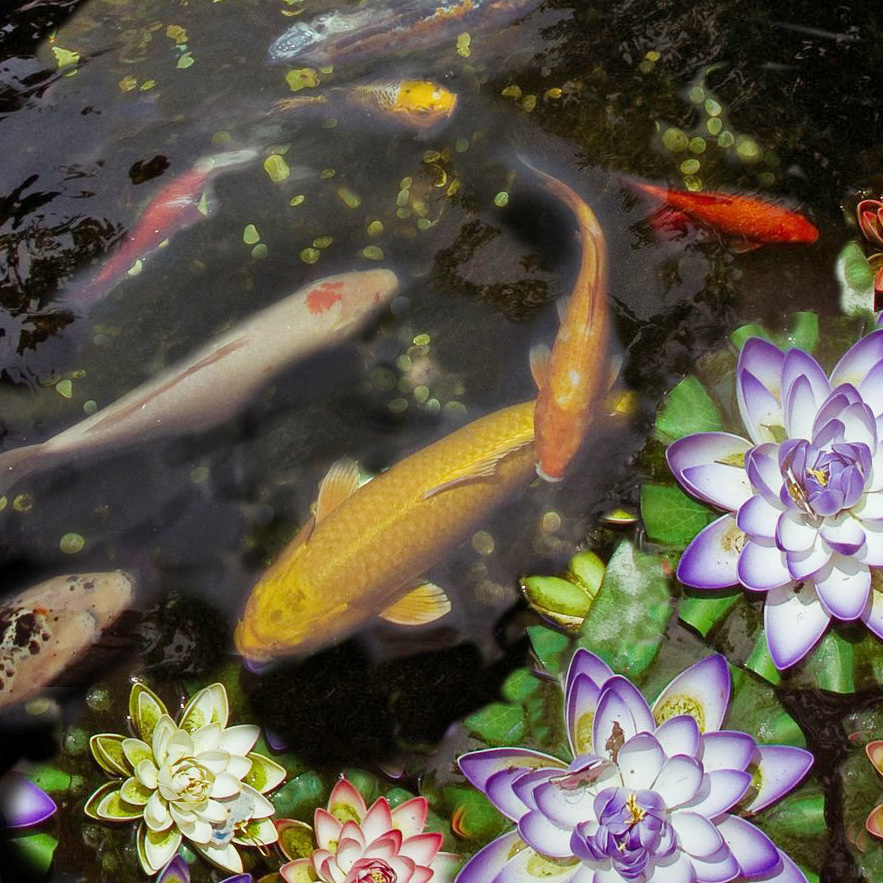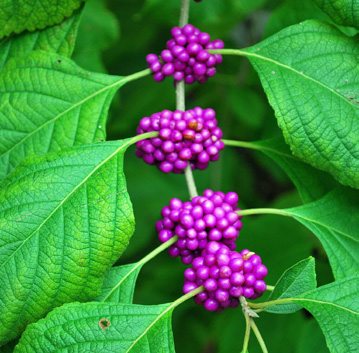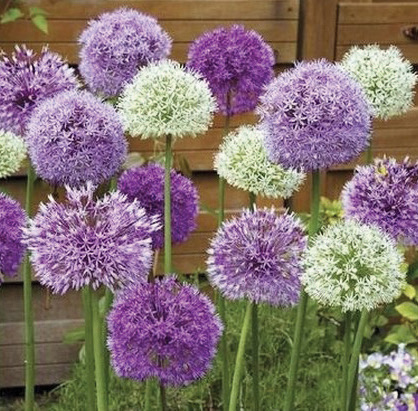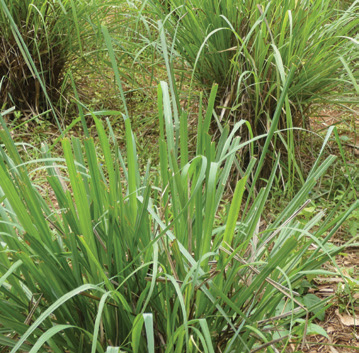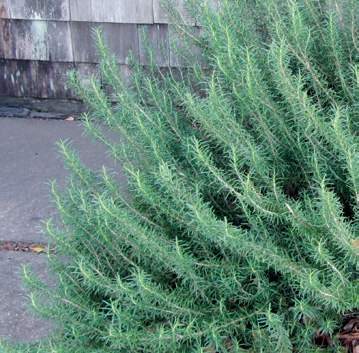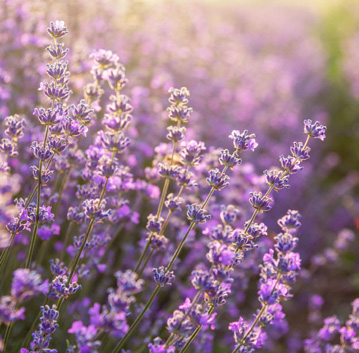Deterring Mosquitoes Naturally
Battling biting insects
BY Melissa Sutton-Seng

Mosquitoes are a fact of life in Southeastern North Carolina. As soon as the weather warms up, swarms of biting, buzzing pests make a morning of yardwork or an evening at the Little League fields a nightmare.
Hiking, hunting and other woodsy activities bring the possibility of encounters with ticks and fleas in addition to mosquitoes. No-see-ums are the bane of a camper’s existence. All these little creatures may have their place in the circle of life, but we’d prefer that place to be far, far away from us!
Despite all that, North Carolinians aren’t about to let a few bugs keep us from enjoying the great outdoors. Most of us combat the summer onslaught with a generous layer of bug repellent, but many repellents contain DEET, which some people are allergic to and others avoid to reduce their overall exposure to synthetic chemicals.
So, what’s a nature-loving, natural-product-preferring Carolinian to do?
Prevent them
An ounce of prevention is worth a pound of cure, as the saying goes. Because mosquitoes need still or very slow-moving water to breed, you can interrupt their life cycle by eliminating places for standing water to accumulate. Dump buckets, cover rain barrels, and keep gutters unclogged.
Don’t keep things like old tires or watering cans out in the open where rain can accumulate. It takes very little water for mosquitoes to lay eggs, so don’t overlook tiny pools in fallen magnolia leaves or small yard toys. Level out uneven patches of ground where water remains after a rain.
In warm weather, the damp conditions of accumulated leaf litter can harbor adult mosquitoes. Leave fallen leaves over autumn and winter months since they play an important role in butterfly life cycles, and clear leaves away after several weeks of warm weather only if mosquitoes are hiding among them.
To avoid attracting mosquitoes to doorways and outdoor living areas, switch out exterior lighting to warm-colored LED bulbs that give off a yellow-orange light and attract fewer insects than a cool blue light. LEDs are long-lasting and use less energy, saving money in the long run.
Knock them off course
Putting a fan on the porch or patio can help. Mosquitoes are weak fliers, and they can’t stay on course towards their next meal (that’s you) in the face of a common fan. Fans also disperse the carbon dioxide and odors that attract mosquitoes to humans.
Encourage mosquito predators
Dragonflies and damselflies are natural predators of mosquitoes and a welcome addition to a summer garden. Plant beneficial native species like milkweed and black-eyed Susan that attract dragonflies, and with any luck you’ll get butterflies as well. Spiders give some people the heebie-jeebies, but they also trap and eat mosquitoes, so leave webs intact.
Introduce fish that eat mosquito larvae to backyard ponds. Koi, goldfish, guppies and mosquitofish will make a meal of mosquitoes. Choose species with care. The western mosquitofish, for example, is a voracious mosquito predator but is invasive and should only be introduced in ponds with no connection to other bodies of water.

Plant things they hate
There’s some debate about the efficacy of planting certain flowers, herbs and trees to repel mosquitoes. Some swear by it, and some claim there’s no evidence it works. While the oils of many plants can be harvested and used in topical repellents and room sprays, there’s less evidence that the plants themselves will discourage the flying vampires. On the other hand, most look and/or smell nice, so it can’t hurt to add them to yards or patios.
• American beautyberry is a fast-growing native shrub with tiny white flowers and vibrant purple berries. The scent of its crushed leaves might repel mosquitoes, and the berries themselves are edible.
• Alliums are beautiful ornamental flowers best grown from bulbs, which should be planted in the fall. Mums and marigolds are easy-to-grow flowers that repel garden pests like aphids, slugs and cabbage worms in addition to mosquitoes, so consider planting them in or near vegetable gardens.
• Citronella grass (not to be confused with the lacy-leaved citronella geranium) is perhaps the most famous mosquito-repelling plant. Its oil has long been harvested for candles and other bug-repellent items, and the grass itself is a nice ornamental that can be grown in containers or incorporated into landscaping.
• Several herbs serve double duty, discouraging mosquitoes and other pests while also providing fresh seasonings in the kitchen. Rosemary, thyme, basil, oregano, tarragon, dill, chives, fennel, sage, lemongrass and lemon verbena all fall into this category.
• Lavender is fragrant potted, fresh cut or dried and can be used to deter mosquitoes and other bugs indoors and out. Tansy, sweet fern, wormwood and pineapple weed are also commonly harvested, dried and hung to deter mosquitoes.
Garlic is a versatile element in the struggle. Growing garlic can discourage mosquitoes, and liquid garlic concentrate is sold as an outdoor repellent spray. While not recommended for a date night, some people claim eating garlicky foods helps repel mosquitoes.
Go for a predator-plant combo by adding carnivorous plants to landscapes or patios. Native pitcher plants trap pesky insects, including mosquitoes, but rarely lure in beneficial pollinators. Mosquitoes are too light to trigger the Cape Fear region’s famous Venus flytrap, but the little green carnivores are fun to have and can thin the housefly population a bit.
Use caution with plants and herbs — including pennyroyal, lemon balm, peppermint and catnip — that deter mosquitoes but are considered invasive. These can spread quickly and choke out native species, so they should be kept in pots, raised beds or buried containers to prevent over-growth.
DIY insect repellent
It is easy to mix custom mosquito repellent with just a few ingredients. Harvest oils from some of the plants mentioned before or skip the growing and pressing by buying bottled essential oils. A quick online search will yield thousands of recipes for DIY essential oil mosquito repellent, but a basic recipe is included here.
It is best to buy a tinted glass bottle to mix and store the spray. The tint prevents degradation due to light exposure, and glass is chemically inert and won’t interact with the oils like metal and plastic can.
As with any topical product, test a small patch of skin to make sure you aren’t allergic before spraying on a large area. Essential oil repellents need to be reapplied more frequently than DEET repellents, so be sure to take them along for long excursions.
DIY mosquito repellent recipe
- 4 oz distilled water
- 1 Tbsp avocado or jojoba oil
- 2-4 Tbsp witch hazel or apple cider vinegar
- 10-15 drops lemon eucalyptus essential oil
- 10-15 drops lemongrass essential oil
- 10-15 drops citronella essential oil
- 10-15 drops lavender essential oil
Add more or less oil depending on how strong you want the scent to be and switch out the oils with other mosquito-repellent ones to create a scent you like (but mosquitoes won’t). Peppermint, lemon, catnip, basil, clove, thyme, rosemary and geranium oils are all said to discourage mosquitoes.
To repel fleas, try cedarwood, citronella, eucalyptus, tea tree, lemongrass, lavender, orange or pine oil. For ticks, mix in rose geranium, juniper, rosewood, thyme, grapefruit or oregano oil.
Watch what you wear
Mosquitoes are attracted to dark colors, so wearing white and other light-colored clothes can reduce the chances of getting bit. Perfumes and sweet-smelling lotions draw biting insects, so skip those if going outdoors during peak mosquito activity hours. Pendants, bracelets and other wearable essential oil diffusers offer a means to deploy mosquito-discouraging scents without applying sprays directly to skin or clothing.
Mosquito myths
Citronella is widely known as a natural mosquito repellent, but it’s the oil, not the live plant, that discourages the winged pests. If growing citronella to harvest the oil, buy citronella grass rather than citronella geranium, which has no bug-repelling properties despite its fragrant leaves.
Bats are rumored to be an effective means of mosquito control, but they usually eat larger insects. Bats are an important part of the ecosystem so it’s a great idea to provide shelter for them, but they’re unlikely to diminish the mosquito population much.
Bug zappers are a common weapon but aren’t highly effective. Research suggests only 1-4 percent of the bugs killed by zappers are biting insects, and the ultraviolet light they emit might attract more insects than they eliminate. Zappers also kill indiscriminately, meaning they’re likely eliminating pollinators and other beneficial insects instead of meaningfully reducing the mosquito population.
Purple martins, like bats, are often touted as mosquito hunters, but they too focus on bigger insects. Other bird species may consume more mosquitoes than the purple martin, but birds are not an effective component of comprehensive insect control.
